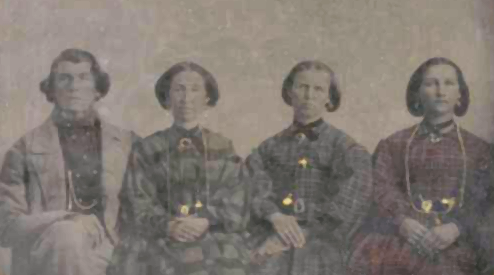The Supreme Court in Cleveland v. United States, 329 U.S. 14 (1946), upheld application of the Mann Act of 1910 to a fundamentalist group of polygamous Mormons, including Cleveland, who had transported their multiple wives across state lines for the purpose of cohabitation.
Case dealt law prohibiting interstate transportation of women for immoral purposes
In upholding the conviction, the justices decided that the case fell under the precedent established in Caminetti v. United States (1917), which held that the act applied not simply to “white slavery,” or commercialized prostitution,” but also to other forms of sexual behavior considered to be immoral.
Court denounced polygamy
In the opinion for the Court, Justice William O. Douglas cited Late Corporation of the Church of Jesus Christ of Latter-day Saints v. United States (1890) and similar cases to establish that the nation regarded polygamy as “a return to barbarism” and as “contrary to the spirit of Christianity and of the civilization which Christianity has produced in the Western world.”
Indeed, Douglas wrote that “the establishment or maintenance of polygamous households is a notorious example of promiscuity.”
Responding to the argument that the Mormons had been “motivated by a religious belief” and not criminal intent, Douglas observed that “it has long been held that the fact that polygamy is supported by a religious creed affords no defense in a prosecution for bigamy.” He further observed, “Whether an act is immoral within the meaning of the statute is not to be determined by the accused’s concepts of morality.”
Justice Wiley B. Rutledge wrote a concurring opinion arguing that the case was controlled by Caminetti and observing that Congress had not attempted to reverse the Court’s construction of the Mann Act in that case.
Justices Hugo L. Black and Robert H. Jackson disagreed with Caminetti as precedent and would have reversed the conviction of the polygamists rather than apply the Mann Act to noncommercial vice.
Justice Francis W. Murphy dissented, largely based on anthropological analysis, arguing that polygamy differed from promiscuity.
John Vile is a professor of political science and dean of the Honors College at Middle Tennessee State University. He is co-editor of the Encyclopedia of the First Amendment. This article was originally published in 2009.

